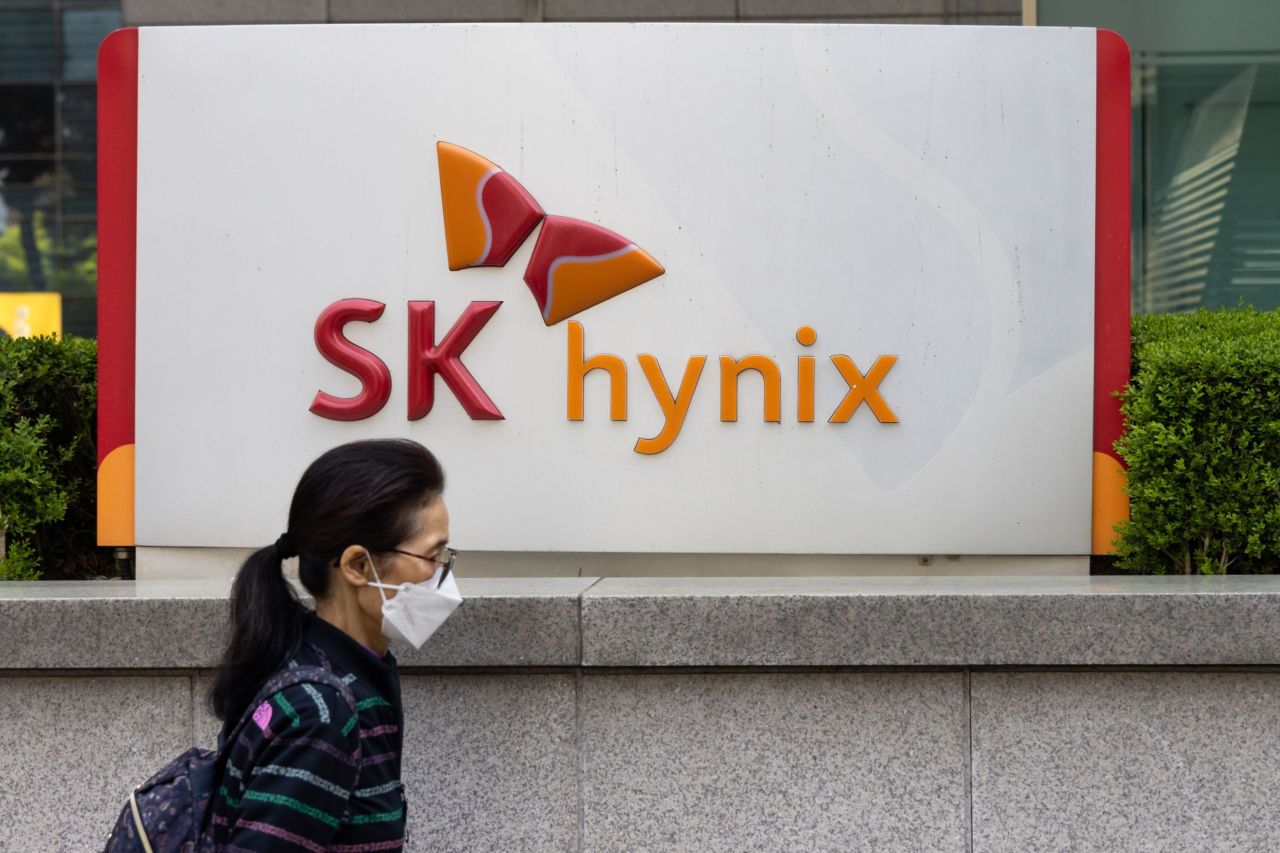
SK Hynix, a leading global memory chipmaker, announced that its second-quarter profits have reached the highest level in six years, thanks to its strong position in the advanced memory chip market, which is essential for artificial intelligence (AI) computing.
| Financial Metric | Q2 2024 Actual | LSEG SmartEstimate |
|---|---|---|
| Revenue | 16.42 trillion won ($11.86 billion) | 16.4 trillion won |
| Operating Profit | 5.47 trillion won | 5.4 trillion won |
The company’s operating profit for the June quarter is the highest since the second quarter of 2018, showing a significant rebound from a loss of 2.88 trillion won in the same period last year. SK Hynix also reported a revenue increase of 124.7% compared to the previous year, setting a new quarterly revenue record since data collection began in 2009.
SK Hynix attributes this growth to a rise in the prices of memory products, driven by high demand for AI memory, including high-bandwidth memory (HBM). The South Korean tech giant supplies these HBM chips to companies like Nvidia, supporting AI chipsets.
Despite the positive financial results, SK Hynix’s shares dropped by 7.81% on Thursday morning. This decline coincided with a broader sell-off in South Korea’s Kospi index, which fell by 1.91%, following disappointing earnings from U.S. tech companies Alphabet and Tesla.
The company expects strong demand for AI servers to continue in the second half of the year, alongside a gradual recovery in traditional markets, supported by the launch of AI-enabled PCs and mobile devices. To meet this demand, SK Hynix plans to start mass production of 12-layer HBM3E products this quarter, with shipments expected by the fourth quarter.
SK Hynix and other memory leaders are increasing their HBM production capacity to meet the growing demand for AI processors. The company noted that HBM production requires more wafer capacity than standard dynamic random access memory (DRAM) products, which has led to a tight supply situation. As a result, SK Hynix anticipates higher capital expenditure this year than initially expected.
Analysts have indicated that tight supply conditions for HBM and memory chips are likely to persist until 2025. SK Hynix, which has been a leading supplier of HBM chips, especially for Nvidia, is set to continue benefiting from the strong demand in the AI sector.
The increased adoption of AI technologies, particularly large language models like ChatGPT, has significantly driven the demand for high-bandwidth memory chips. These models require substantial memory to store information and provide humanlike responses. SK Hynix has maintained its leadership in the HBM market, with plans to launch the next generation 12-layer HBM4 chips in the second half of 2025.
Featured Image courtesy of The Korea Herald
Follow us for more updates on SK Hynix.
